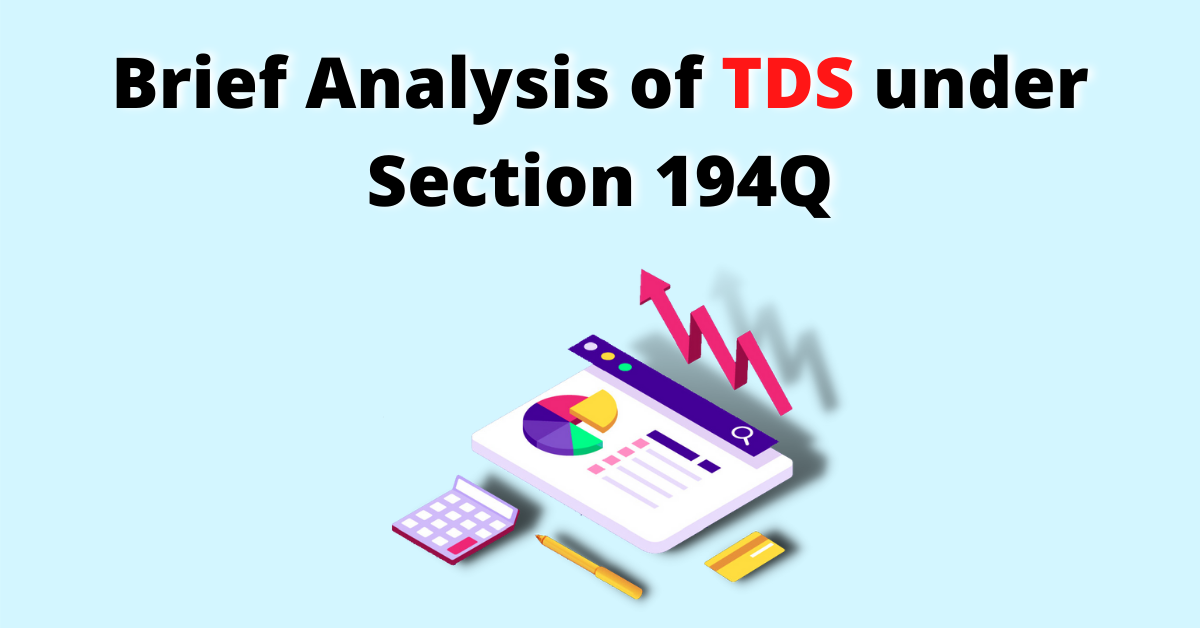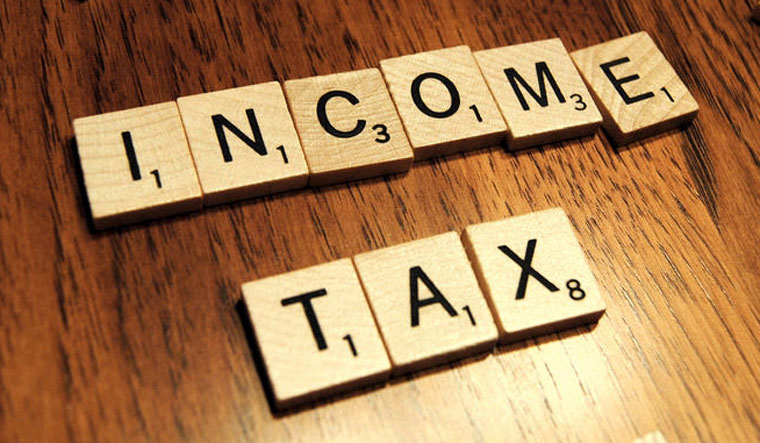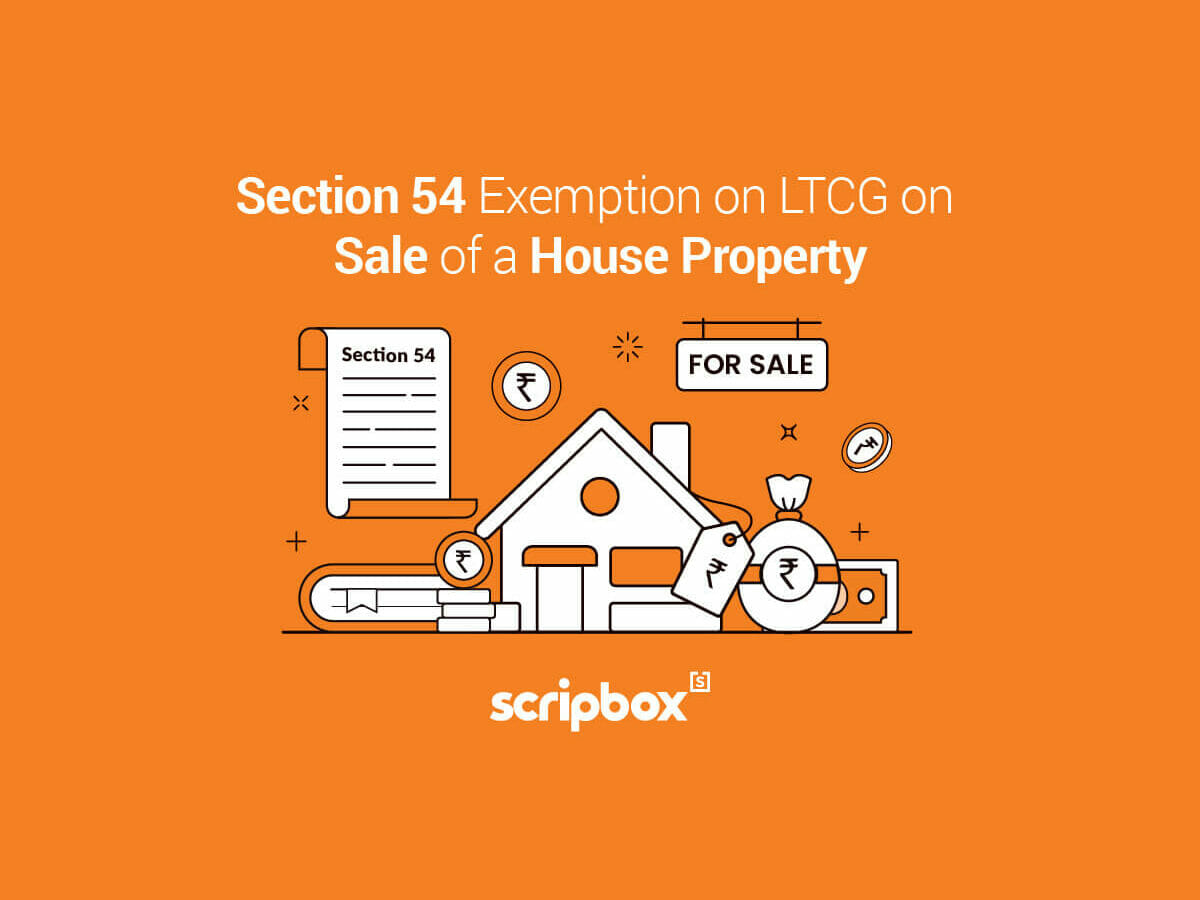Section 194Q of the Income Tax Act, 1961 provides that every buyer who is responsible for paying any sum to any resident seller for the purchase of any goods is required to deduct tax at source. The tax shall be deducted if the aggregate value of goods purchased from the seller in the previous year exceeds Rs. 50 lakh. The tax shall be deducted at the rate of 0.1% of the sum exceeding Rs. 50 lakh. In this article we will cover the provisions in regard to Section 194 Q TDS on purchase of goods.
Deductor for TDS under Section 194 Q
Any person, being a buyer, is required to deduct tax at source under this provision if the following conditions are satisfied:
He is carrying on a business;
He is paying any sum to a resident person for the purchase of any goods;
Total sales, gross receipts or turnover from the business exceeds Rs. 10 crores during the financial year immediately preceding the financial year in which such goods are purchased; and
Goods are purchased from the seller for a value or aggregate of value exceeding Rs. 50 lakhs in any previous year.
Exception
The following persons are not considered as a buyer for the purpose of this provision:
(a) ‘Air India Assets Holding Limited’ shall not be considered as ‘buyer’ in case of transfer of goods by ‘Air India Limited’ under a plan approved by the Central Government (Notification No. 107/2021, dated 10-09-2021)
(b) A Government department that is not carrying out any business or commercial activity.
Deductee for TDS under Section 194 Q
Tax is required to be deducted if the amount is paid or payable to a resident person being a seller. However, the following persons are not considered as a seller:
(a) any department of Central Government or State Government (Circular No. 20/2021, dated 25-11-2021);
(b) a person who is exempt from income tax under the Income-tax Act or any other Act passed
by the Parliament. However, this exemption is not available if only part of the income is exempt from tax (Circular No. 13 of 2021, dated 30-06-2021).
Rate of TDS under Section 194 Q and threshold limit
Tax is required to be deducted if goods are purchased for a value or aggregate of value exceeding Rs. 50 lakhs in any previous year. Tax is required to be deducted at the rate of 0.1% of the purchase value exceeding Rs. 50 lakhs. The rate shall not be further increased by Surcharge and Health & Education Cess.
If the deductee does not furnish his PAN to the deductor, the tax shall be deducted at the rate of 5% under Section 206AA or if such deductee has not furnished the return of income for a specified period, the tax shall be deducted at the rate of 5% under Section 206AB.
Where both the provision of Section 206AA and Section 206AB are applicable, that is, the deductee has neither furnished his PAN to the deductor nor has he furnished his return of income for the specified period, the tax shall be deducted at the rates provided in section 206AA or section 206AB, whichever is higher.
Time of deduction
Tax is required to be deducted at the time of credit of such sum to the account of the seller or at the time of payment thereof by any mode, whichever is earlier. Thus, the provisions of this section shall even apply to the advance payment made by the buyer to the seller.
Exemption from TDS under Section 194 Q
No tax is required to be deducted in the following cases:
(a) A non-resident buyer is not required to deduct tax if the purchase of goods is not effectively connected with the permanent establishment in India. For this purpose, “permanent establishment” shall include a fixed place of business through which the business of the enterprise is wholly or partly carried on.
(b) No tax is required to be deducted during the year of incorporation of a business.
(c) Transactions in securities (and commodities) which are traded through recognised stock exchanges or cleared and settled by the recognised clearing corporation, including recognised stock exchanges or recognised clearing corporations located in International Financial Service Centre (IFSC).
TDS where goods are sold through an e-commerce platform
An e-commerce operator responsible for payment to a resident person selling goods or services through its platform is required to deduct tax at source under Section 194-O. If a transaction is covered both under Section 194-O and Section 194Q, the tax is required to be deducted under Section 194-O and not under Section 194Q. Thus, the e-commerce operator shall have the first obligation to deduct the tax. If he does so, the buyer will not have any obligation to deduct the tax under Section 194Q.
However, if the e-commerce operator makes a default, the liability to deduct the tax gets shifted
to the buyer.
TDS under Section 194 Q v. TCS under Section 206C(1H)
A seller who receives any amount as consideration for the sale of any goods is required to collect tax from the buyer as per Section 206C(1H). If a transaction is covered both under Section 194Q and Section 206C(1H), the buyer shall have the first obligation to deduct the tax.
If he does so, the seller will not have any obligation to collect the tax under Section 206C(1H). However, if, for any reason, the tax has been collected by the seller under Section 206C(1H), before the buyer could deduct tax under Section 194Q on the same transaction, such transaction would not be subjected to tax deduction again by the buyer.
TDS applicability where an exemption from TCS is available under section 206C(1A)
Where an exemption is available from the collection of tax as per section 206C(1A), the seller shall not collect tax from the buyer either under section 206C(1) or under section 206C(1H). However, the buyer could be liable to deduct tax under section 194Q in such cases if the conditions specified therein are satisfied.
TDS in case of purchase return
The CBDT has clarified that where the seller has refunded the money against the purchase return, the tax deducted may be adjusted against the next purchase against the same seller.
However, where the purchase return is replaced by the goods, no adjustment is required.
Adjustment for GST and other State levies & taxes
Tax under this provision shall be deducted on the amount credited without including GST & other non GST levies such as VAT, Sales Tax, Excise Duty, CST, etc. if the following conditions are satisfied:
(a) Tax is deducted at the time of credit of the amount in the account of the seller; and
(b) The component of GST and non-GST levies comprised in the amount payable to the seller is indicated separately as per the terms of the agreement or contract between the buyer and the seller.
However, if the tax is deducted on payment basis because the payment is earlier than the credit, the tax would be deducted on the whole amount as it is not possible to identify the payment with GST component or non-GST levies component to be invoiced in future.
Deposit of TDS under Section 194 Q
Tax deducted under this provision is required to be deposited to the credit of the Central Government through Challan ITNS 281 within 7 days from the end of the month in which tax was deducted.
However, the tax deducted during the month of March shall be deposited by 30th April of the
next financial year.
Filing of TDS statement
The person responsible for the deduction of tax at source under this provision is required to file a statement of tax deducted at source in Form 26Q quarterly.
TDS Certificate
The deductor shall issue a TDS certificate to the assessee in Form No. 16A within 15 days from
the due date of furnishing of the TDS statement.
Consequences for failure to deduct or deposit tax
Where any person responsible for deducting tax at source fails to deduct tax or after deducting fails to deposit the same, he shall be treated as assessee-in-default. In that case, interest under section 201 will be applicable.
If the deductor fails to deduct TDS, interest at the rate of 1% per month or part of the month shall be applicable, till such failure continues. Interest shall be calculated from the date when such tax was required to be deducted till the date such tax is actually deducted.
Further, if the deductor after having deducted the tax, fails to deposit the same to the credit of the Central Government, interest at the rate of 1.5% per month or part thereof shall be applicable till such failure continues. The interest computation shall commence from the date on which the tax was deducted and end with the date when such tax was deposited to the government.
Penalty and Prosecution
Failure to comply with the provisions of deduction of tax at source under this provision may result in penalties and prosecution as per the following provisions:
a) If a person fails to deduct tax at source, he shall be liable for payment of penalty under Section 271C;
b) If a person deducts tax but fails to deposit the same to the credit of the Central Government, he shall be liable for the penalty under Section 221 and prosecution under Section 276B.
However, no person shall be punishable under Section 276B if he proves that there was reasonable cause for the failure. Further, a person can also file an application for compounding of offence.
Consequences for failure to furnish TDS Statement
Where any person fails to furnish a TDS statement, section 234E shall be applicable, wherein the deductor is liable to pay fees at the rate of Rs. 200 per day during such default continues. However, such fees should not exceed the amount of TDS.
Moreover, he shall be liable for penalties under sections 271H of Rs. 10,000 which can be extended to Rs. 100,000, and 272A of Rs. 500 for every day during which failure continues.
Consequences for failure to issue TDS Certificates
Where any person, responsible for issuing TDS Certificates, fails to issue such certificates, a penalty under section 272A shall be applicable of Rs. 500 for every day during which failure continues.
Source: Incometax website
****
Don’t miss the next Tax Update / Article / Judicial pronouncement
Subscribe to our newsletter for FREE to stay updated on GST Law
Resolve your GST queries from national level experts on GST free of cost.
TW Editorial Team comprises of team of experienced Chartered Accountants and Advocates devoted to spread the knowledge of GST amongst the various stakeholders.




